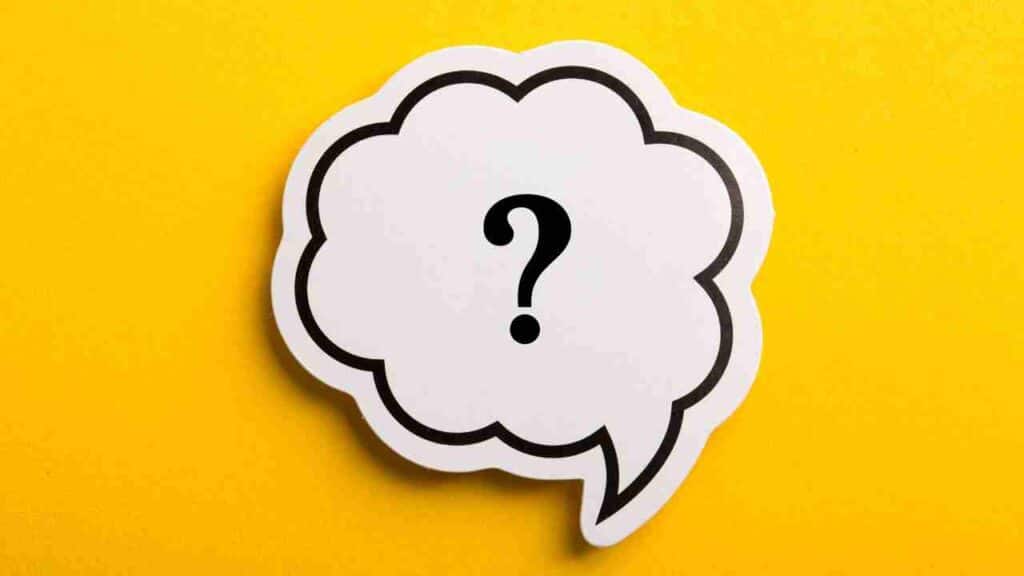Securely Storing CRM Data and Transactions

Get Your FREE 14-Day Trial and Take Your Business To The Next Level with an All-In-One Sales and Marketing Platform for businesses, agencies and marketers.
In today’s digital age, customer relationship management (CRM) systems have become an essential tool for businesses to manage their interactions with customers. These systems store a wealth of sensitive data, including customer information, sales transactions, and communication history. As such, it is crucial for businesses to prioritize the secure storage of CRM data and transactions to protect both their customers and their own reputation.
The Importance of Securely Storing CRM Data
1. Protecting Customer Privacy:
- CRM systems contain personal and financial information of customers, such as names, addresses, phone numbers, and credit card details. Storing this data securely is essential to protect customer privacy and prevent unauthorized access.
- Failure to secure CRM data can lead to severe consequences, including identity theft, financial fraud, and reputational damage for the business.
2. Compliance with Data Protection Regulations:
- Many countries have implemented data protection regulations, such as the General Data Protection Regulation (GDPR) in the European Union. These regulations require businesses to implement appropriate security measures to protect customer data.
- Non-compliance with data protection regulations can result in hefty fines and legal consequences for businesses.
3. Safeguarding Business Intellectual Property:
- CRM systems often store valuable business information, including sales strategies, customer insights, and market trends. Protecting this intellectual property is crucial to maintain a competitive advantage.
- Unauthorized access to CRM data can lead to intellectual property theft and compromise a business’s unique selling points.
Best Practices for Securely Storing CRM Data and Transactions
1. Implement Strong Access Controls:
- Ensure that only authorized personnel have access to the CRM system. Implement strong password policies, multi-factor authentication, and role-based access controls to limit access to sensitive data.
- Regularly review and update user access privileges to prevent unauthorized access.
2. Encrypt Data:
- Encrypting CRM data ensures that even if it is compromised, it remains unreadable and unusable to unauthorized individuals.
- Implement encryption at rest and in transit to protect data both when it is stored and when it is being transmitted between systems.
3. Regularly Backup Data:
- Regularly backup CRM data to ensure that it can be restored in the event of data loss or system failure.
- Store backups in secure locations, preferably off-site or in the cloud, to protect against physical damage or theft.
4. Monitor and Detect Anomalies:
- Implement robust monitoring systems to detect any unusual activities or unauthorized access attempts.
- Utilize intrusion detection systems and log analysis tools to identify potential security breaches.
5. Train Employees on Security Awareness:
- Provide regular training to employees on security best practices, such as recognizing phishing emails, using strong passwords, and reporting suspicious activities.
- Employees should be aware of the importance of securely storing CRM data and transactions and understand their role in maintaining data security.
Case Study: XYZ Company’s Secure CRM Storage Solution
XYZ Company, a leading e-commerce platform, faced the challenge of securely storing their CRM data and transactions. They implemented the following measures:
- Implemented a robust access control system, ensuring that only authorized employees had access to the CRM system.
- Utilized strong encryption algorithms to protect CRM data both at rest and in transit.
- Regularly backed up CRM data to a secure off-site location, allowing for quick restoration in case of data loss.
- Implemented a comprehensive monitoring system that alerted the IT team to any suspicious activities or potential security breaches.
- Conducted regular security awareness training sessions for employees to educate them on the importance of securely storing CRM data.
As a result of these measures, XYZ Company successfully protected their CRM data and transactions, ensuring the privacy of their customers and safeguarding their business’s reputation.
Securely storing CRM data and transactions is of utmost importance for businesses to protect customer privacy, comply with data protection regulations, and safeguard their intellectual property. By implementing strong access controls, encrypting data, regularly backing up data, monitoring for anomalies, and training employees on security awareness, businesses can mitigate the risks associated with storing CRM data. XYZ Company’s case study demonstrates the effectiveness of these measures in ensuring the security of CRM data and transactions.
For small businesses, agency owners, and marketers looking for an all-in-one sales and marketing platform that prioritizes secure CRM data storage, SaasExpert.ca is an excellent choice. With its robust security features and commitment to data protection, SaasExpert.ca provides a reliable solution for securely storing CRM data and transactions.
Learn more about “What to do to secure CRM Data and Transactions” right here.
Frequently asked questions about Securely Storing CRM Data and Transactions.

1️⃣ How can I ensure that my CRM data is encrypted? 🔐
Ah, encryption, the first line of defense! When you’re looking for a CRM, make sure it offers end-to-end encryption. This means that your data is encrypted not just when it’s stored but also when it’s transferred from one point to another. Look for platforms that use encryption standards like AES-256. 🌟 Also, make sure your CRM provider complies with data security regulations such as GDPR, CCPA, or whatever applies in your jurisdiction. It’s always a good idea to talk to a security expert to ensure you’re doing all you can to keep your data safe.
2️⃣ What backup features should a secure CRM system have? 💽
Backups are your safety net! 🎪 Ideally, your CRM should offer automated backups at regular intervals. Check if you can easily restore these backups in case of data loss or corruption. The backup data should also be encrypted and stored in a secure location. Some CRMs even offer real-time backup, which is fantastic for businesses that can’t afford to lose even a second’s worth of data.
3️⃣ How do I manage user access to keep my CRM data secure? 🛂
Great question! Role-based access control (RBAC) is your friend here. 👫 With RBAC, you can assign specific data access levels to different users based on their roles in the company. For example, a sales rep might not need access to financial records, so their account should be restricted accordingly. Make sure your CRM allows you to easily manage and update these settings. Also, use strong, unique passwords and enable two-factor authentication (2FA) whenever possible.
4️⃣ Is cloud storage for CRM data safe? ☁️
Cloud storage has come a long way and is generally secure if you’re using a reputable CRM provider. However, you should still do your due diligence. 😇 Look into how your CRM provider safeguards data in the cloud, and ensure they use secure and encrypted connections. Also, check if they comply with security certifications and audits like SOC 2 Type II. But remember, even the most secure cloud storage isn’t foolproof, so always have a backup strategy in place.
5️⃣ Can I use a VPN with my CRM system for added security? 🌐
Absolutely, a VPN can add an extra layer of security. Using a VPN encrypts the data coming from your device to the CRM system, making it more difficult for cybercriminals to intercept it. 🛡️ Just make sure that your VPN doesn’t slow down your CRM system’s performance. You’ll need a reliable and fast VPN service that doesn’t interfere with the data transfer speeds between you and your CRM system.






